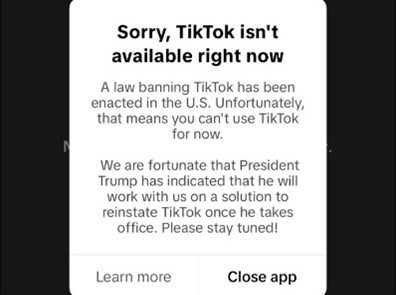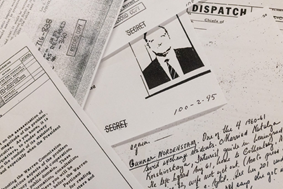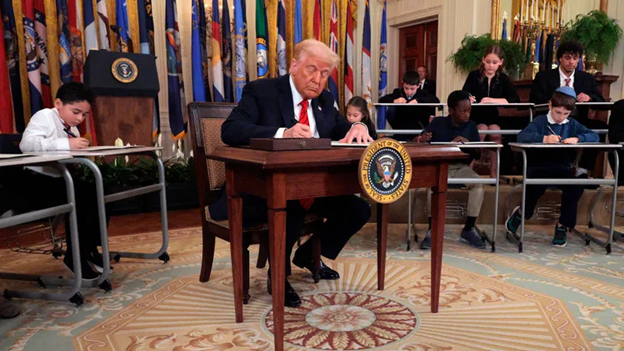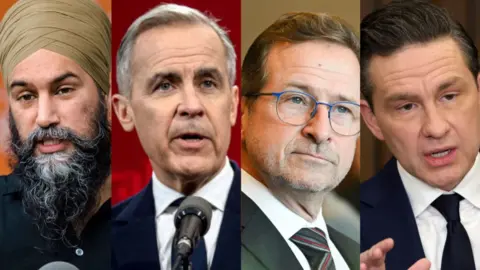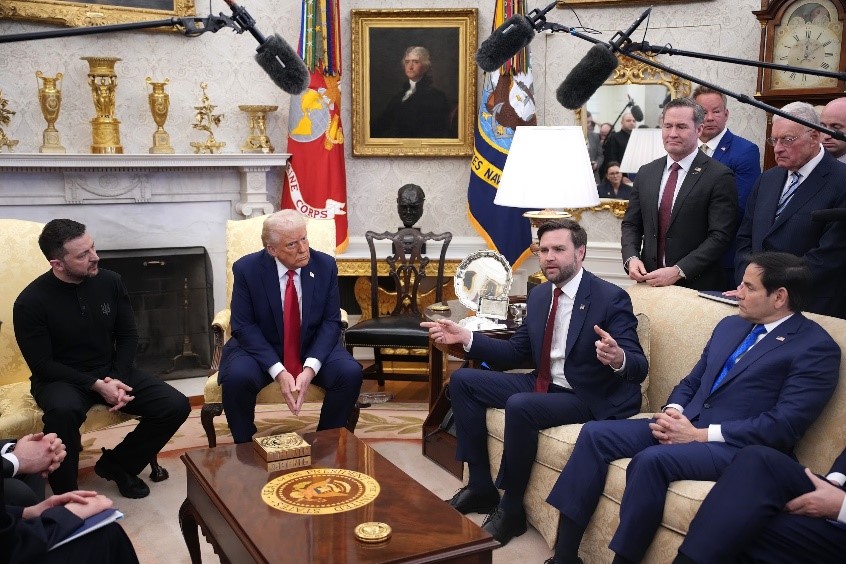On Jan. 17, the Supreme Court upheld a bipartisan law passed by Congress that would ban TikTok in the U.S., citing national security threats. TikTok contended that the platform is free speech protected under the First Amendment.
The platform was temporarily banned on Jan. 18, and after a 14-hour blackout, TikTok’s future hangs precariously in the balance.
The platform could avoid a permanent ban if its Chinese owner, ByteDance, sold it to a non-Chinese buyer. Former President Joe Biden stated he would let President Donald Trump enforce the ban, initially scheduled for his final days in office.
“I will issue an executive order on Monday to extend the period of time before the law’s prohibitions take effect so that we can make a deal to protect our national security,” Trump said in the days leading up to the ban. “Americans deserve to see our exciting inauguration on [Jan. 20], as well as other events and conversations.”
The law outlines a 90-day extension that Trump “most likely” plans to implement. He has also pushed for joint ownership of TikTok, with a U.S. entity owning 50% of the platform. However, this contradicts the ratified law, which includes a 20% limit on “foreign adversary” owners.
Prasad Thota, Senior Director of Engineering at Oracle, and his team were responsible for taking TikTok offline in the U.S. They worked with the ByteDance team to take TikTok’s servers offline and reenabled them after Trump assured service providers they would not face consequences for doing so.
Thota, father of two Skyline students, shared his thoughts on the ban’s impact on his children. “A ban would be good… I don’t think [TikTok] is a productive use of their time at the crucial age they’re in.”
For more information:
TikTok begins restoring service for U.S. users after Trump comments
Supreme Court upholds TikTok ban, threatening app’s existence in the U.S.
Trump says he’ll issue an executive order Monday delaying U.S. TikTok ban


